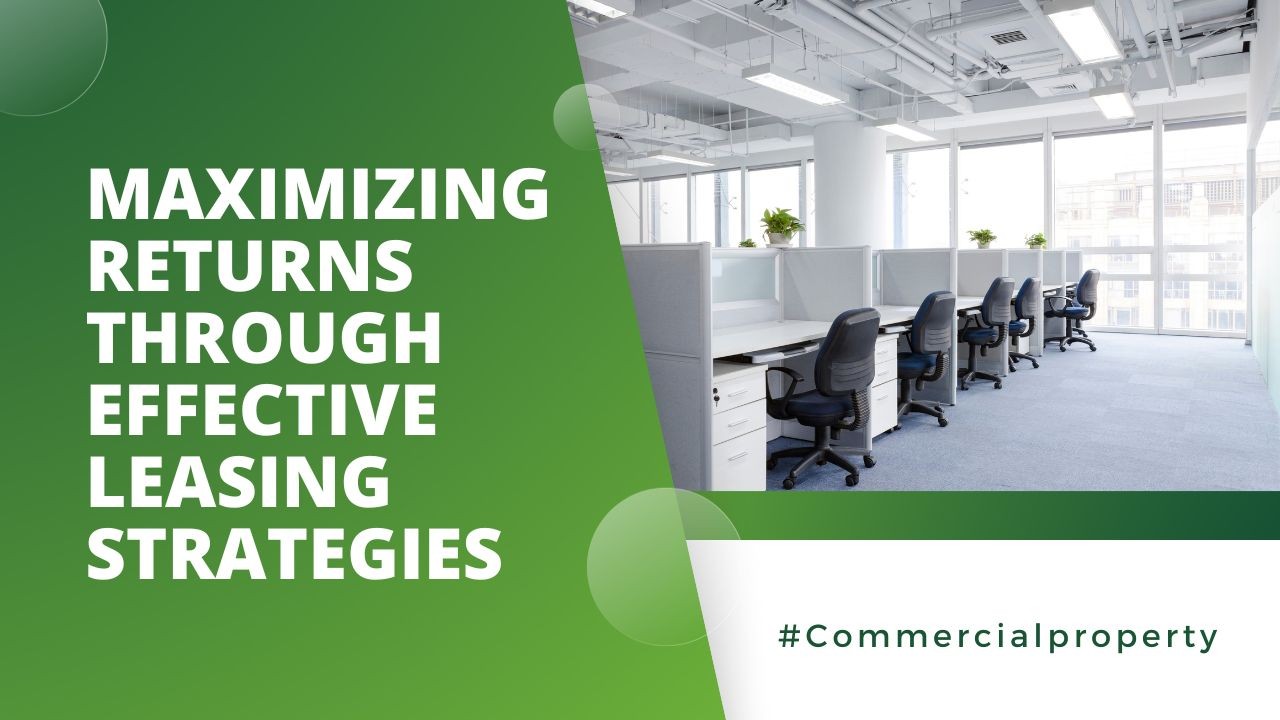
Deciding whether to rent or buy a home is one of the most significant financial decisions many people face. Both options have their advantages and disadvantages, and the right choice depends on various factors, including your financial situation, lifestyle, and long-term goals. This article will provide a comprehensive guide to help you make an informed decision.
Understanding the Basics
Renting a Home:
Flexibility: Renting provides flexibility, allowing you to move easily when your lease ends. This can be advantageous if your job requires relocation or if you prefer living in different places.
Lower Initial Costs: Renting typically requires a security deposit and the first month's rent, which is significantly less than the down payment needed to buy a home.
Maintenance and Repairs: Landlords are usually responsible for maintenance and repairs, reducing your responsibilities and unexpected expenses.
Buying a Home:
Equity Building: Homeownership allows you to build equity over time as you pay down your mortgage. This can be a substantial financial asset.
Stability: Owning a home provides stability, especially if you plan to stay in one place for several years. It can also offer a sense of community and belonging.
Customization: Homeowners have the freedom to renovate and customize their homes to suit their tastes and needs.
Financial Considerations
Upfront Costs:
Renting: Initial costs are usually limited to the security deposit and the first month's rent.
Buying: Requires a down payment (typically 20% of the home's price), closing costs, and other fees.
Monthly Expenses:
Renting: Monthly rent payments are often fixed for the lease term, with potential increases upon renewal.
Buying: Monthly mortgage payments include principal, interest, property taxes, homeowners insurance, and possibly private mortgage insurance (PMI) if the down payment is less than 20%. Homeowners also need to budget for maintenance and repairs.
Investment Potential:
Renting: Rent payments do not contribute to building equity or investment growth.
Buying: Mortgage payments contribute to building equity, and the property may appreciate over time, providing potential investment returns.
Lifestyle Considerations
Mobility:
Renting: Ideal for individuals who anticipate relocating or prefer the flexibility to move without selling a property.
Buying: Suited for those planning to stay in one location for an extended period, providing a sense of permanence.
Responsibility:
Renting: Limited responsibilities regarding property maintenance and repairs, handled by the landlord.
Buying: Homeowners are responsible for all maintenance, repairs, and renovations, requiring time and financial investment.
Market Conditions
Housing Market:
Renting: Less affected by housing market fluctuations, providing predictable costs.
Buying: The real estate market can impact home values, affecting your investment. It's essential to consider market conditions and trends.
Interest Rates:
Renting: Not directly impacted by mortgage interest rates.
Buying: Mortgage interest rates significantly influence the cost of buying a home. Lower rates can make buying more affordable, while higher rates increase monthly payments.
Tools and Resources
To assist in your decision-making, use tools like a Rent vs Buy calculator, which can help you compare the costs of renting and buying based on your specific circumstances. These calculators consider factors such as home price, down payment, mortgage interest rate, rent, and more to provide a detailed financial comparison.
Example: Buying vs Renting and Investing
Consider an example where someone wants to buy a house worth ₹1 crore (₹10,000,000) with a 20% down payment and a loan at an annual interest rate of 8.65%. The same house can be rented for ₹30,000 per month. We'll compare the two scenarios over a 20-year period.
Buying Scenario
House Price: ₹1,00,00,000
Down Payment (20%): ₹20,00,000
Loan Amount: ₹80,00,000
Interest Rate: 8.65% per annum
Loan Term: 20 years (240 months)
Monthly Mortgage Payment Calculation
Monthly EMI: ₹70,627.45
Additional Costs (Approximate)
Annual Property Tax: ₹50,000 (₹4,167 per month)
Annual Home Insurance: ₹20,000 (₹1,667 per month)
Maintenance (1% of Home Value per year): ₹1,00,000 (₹8,333 per month)
Total Monthly Ownership Cost: ₹84,794.45
Future Value of Property
Assuming a 5% annual appreciation, the future value of the property can be calculated as follows:
Future Value of Property: ₹2,65,32,970.00
Renting and Investing Scenario
Monthly Rent: ₹30,000
Initial Investment of Down Payment: ₹20,00,000 with 15% annual return
Monthly SIP Amount: EMI - Rent = ₹70,627.45 - ₹30,000 = ₹40,627.45 with 15% annual return
Future Value of Initial Down Payment Investment
Future Value of Initial Investment (₹20,00,000 at 15% for 20 years): ₹3,27,83,669.70
Future Value of SIP
Future Value of SIP (₹40,627.45 monthly at 15% for 20 years): ₹5,82,99,553.87
Total Future Value of Investments: ₹9,10,83,223.57
Comparison
Buying:
Total Monthly Cost: ₹84,794.45
Future Value of Property: ₹2,65,32,970.00
Renting and Investing:
Monthly Rent: ₹30,000
Future Value of Investments: ₹9,10,83,223.57
Conclusion
In this example, renting and investing the down payment and the difference between the EMI and rent can potentially yield a significantly higher future value compared to buying the property, assuming the given rates of return and property appreciation. However, buying a home provides stability, potential equity building, and a sense of ownership.
Deciding whether to rent or buy a home depends on your personal circumstances, financial situation, and long-term goals. Renting offers flexibility and lower initial costs, while buying provides the opportunity to build equity and stability. Carefully consider your priorities, financial health, and the housing market to make the best choice for your situation.
Whether you choose to rent or buy, the key is to make an informed decision that aligns with your lifestyle and financial goals. Use available resources and tools to evaluate your options, and consult with financial advisors or real estate professionals if needed.






